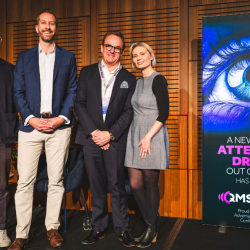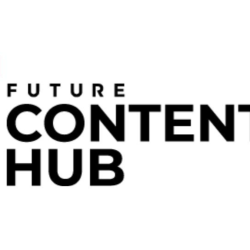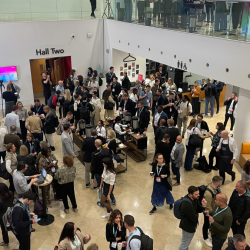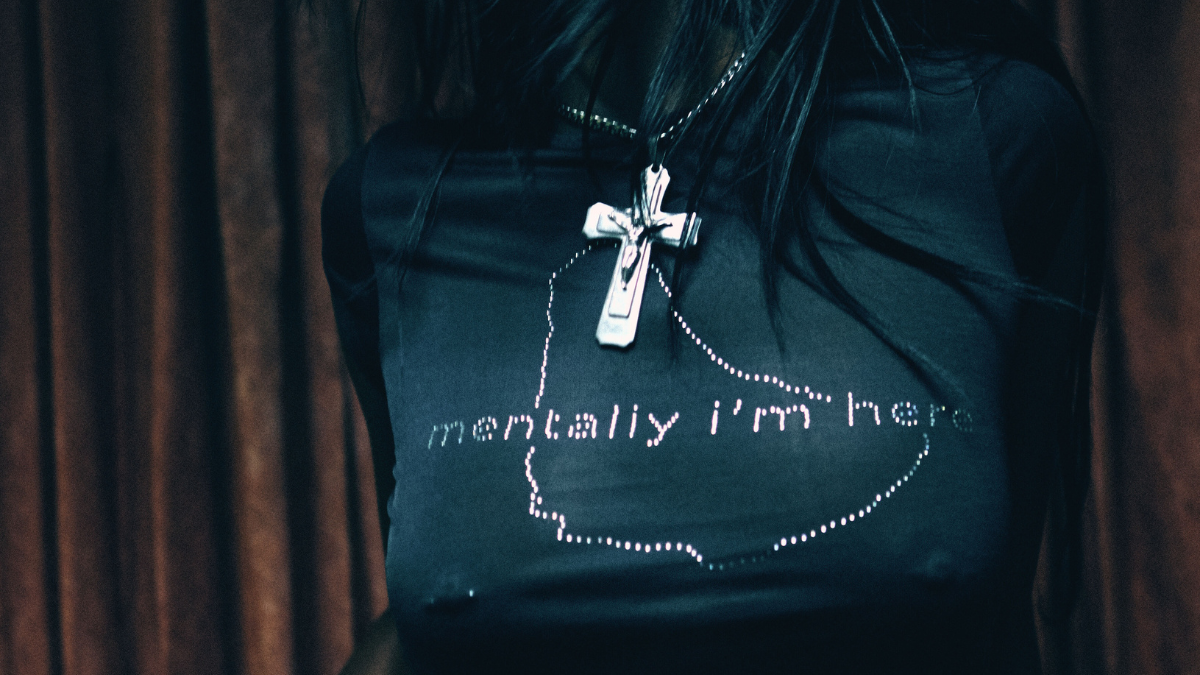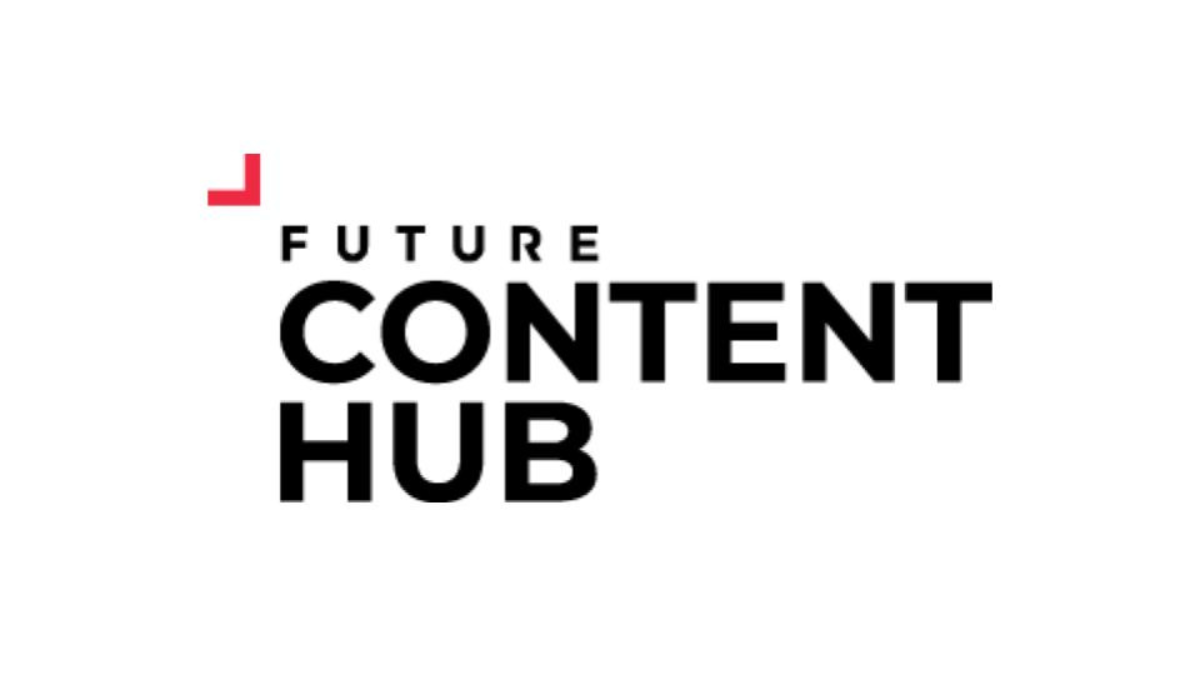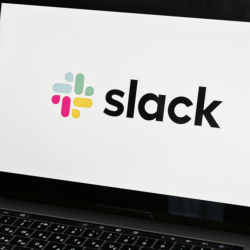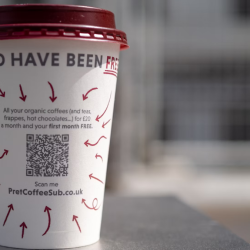When I left my banking job to start tech business Huggg (a consumer app proposition that would allow people to ‘send’ someone a coffee using a digital voucher that could be redeemed locally to them), I thought I was as prepared as I could be for the challenges I would face. These are typically tech development, people, funding and getting customers. What I wasn’t expecting was a pandemic that would effectively shut my business down overnight, as coffee shops and restaurants were closed and people told to stay at home.
I had three options — give up and feel sorry for myself; hunker down and hope it passed quickly despite the fact it clearly wouldn’t; or we could get creative.
The beginning of my roller-coaster start-up journey…
My background is in corporate banking and I specialised in leveraged finance, with senior roles at both RBS and Santander, where I led numerous private equity-sponsored deals and IPOs through to execution. In 2015 I was managing a deal in the greeting card sector and, in assessing the market, it became clear to me that the way people sent greeting cards would likely change.
It was my light bulb moment, and I immediately started work to develop a consumer app proposition that would allow people to ‘send’ someone a coffee using a digital voucher that could be redeemed locally to them. I left the bank a year later to concentrate on this full time; with some funding from business angels and the money that me and my wife had saved to build our dream home.
We went live in 2017 with a consumer smartphone app, initially in Bristol, with 20 independent coffee shops
It went well and in 2018 we got some venture capital investment and this enabled us to target a larger area. We went on to sign up over 100 outlets in London. The momentum continued in 2019 when we signed our first national coffee shop chain (Caffè Nero) and then we were really moving!
This signing attracted more funding and we realised that the vast majority of our customers were using the Huggg app in a work context — sending coffee vouchers/codes to colleagues and clients. So, in the summer of 2019 we switched to a B2B offering and built a new web-based offering. We now had 1300 locations signed up, and our plan for 2020 was to raise funds and continue to grow….
Then the pandemic happened and suddenly all of our hospitality venues were closed
It was without doubt a low point, as we had nothing to sell, lost out on closing a funding round and only had enough cash to operate for 6 weeks. So we got creative.
The first thing we did was decide to change our ‘hospitality gifting model’ to a more e-commerce-like platform with items that could be physically delivered, as we figured that companies would be looking at ways to support, motivate and engage their teams who were suddenly remote workers. This made us less impacted by the pandemic and we created a carefully chosen range of new gift types (including items such as brownie boxes, coffee packs and prosecco sent to home addresses and not collected). We have continued this model.
Meanwhile I had a chance conversation with a colleague whose brother worked in a school. He said that as part of the preparation for school closures there were real concerns about the 1.7 million children who were reliant on free school meals — often as their main source of nutrition. Apparently, schools were raiding their coffers to buy supermarket vouchers and/or food parcels to help these families. We quickly realised that our platform was really suited to do this at scale and we had supermarkets onboard and a new offering within 2 days. We hit the phones and got some media coverage and in the first day our platform supplied £100k of vouchers.
Sadly, the next day the Government announced that it was going to use a French company to issue these vouchers in a nationwide scheme; as they had an existing purchasing agreement in place
We were sad but had proved that our platform could help and that there was a real future in a B2G (Business to government) model. On the back of this work we secured more funding and our investors praised us for ‘not giving up.’
A lot of people had however seen our pro-bono Covid-19 response work and The British Red Cross got in contact to ask for help in changing from only supplying physical food parcels to dispersing grocery vouchers, enabling better recipient choice and fresher produce. This was the foundation of our highly successful B2G platform, which allows organisations to send retail and cash vouchers at scale to those in need, and continues to go from strength to strength, helping local authorities and charities get vital funds (such as the HSF) quickly and efficiently to recipients. The vouchers are used to pay for groceries, clothing, essential household items and anything else they need to live, including paying their skyrocketing energy bills. So far it has served up millions of vouchers to people in need, dealing with a redeemed voucher once every 15 seconds, and will continue this permanently.
So, in short, yes things didn’t go to plan so we adapted and changed at first to survive and then to thrive. Hopefully my story will provide encouragement to anyone who has a good idea and just won’t give up.
Featured image: Halt and Catch Fire (2014-2017) / AMC




